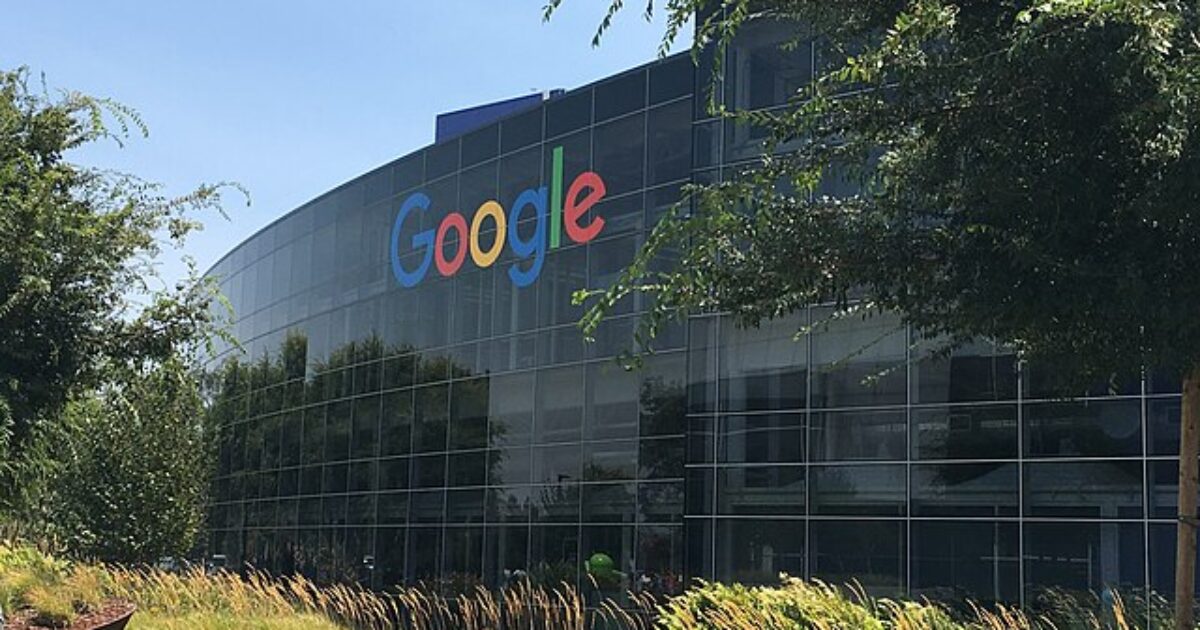Googleplex Headquarters, Mountain View, US (WikiComms).
Washington has long debated whether public institutions like NPR or the Department of Education are pushing ideological agendas. But in focusing on traditional media and academia, policymakers may be missing the real source of influence over the American mind: Silicon Valley.
Specifically, search engines and platforms with global reach are shaping political discourse far more aggressively—and covertly—than any publicly funded outlet.
Search engines are not neutral tools. They’re curated environments, programmed by people with perspectives. And when one company dominates search—handling over 90% of global traffic—it wields unprecedented control over what information gets seen and what gets buried.
Concerns about political bias in tech aren’t just speculation. Internal company leaks, congressional testimony, and peer-reviewed research have revealed how digital platforms quietly steer public opinion—often without users realizing it.
In one widely reported leak, former Google software engineer Zach Vorhies released hundreds of internal documents from a major tech firm, exposing tactics like keyword blacklists and algorithmic suppression of certain news sites. Among the targets were conservative outlets that routinely ranked lower than their audience size or relevance would suggest.
These revelations fueled growing public skepticism. A Pew Research Center study found that 73% of Americans believe social media and search engines suppress political viewpoints—90% among Republicans.
That level of distrust points to a broader crisis: when people don’t believe the information ecosystem is fair, the democratic process itself begins to erode.
But the most concerning findings come from behavioral science. Dr. Robert Epstein, a prominent psychologist, testified before the U.S. Senate about how search algorithms can sway voter preferences. His experiments showed that subtle changes in search rankings—such as which articles appear first—could shift undecided voters’ choices by significant margins.
In tight elections, even a 4–8% swing can change outcomes. Among certain groups, the influence was found to reach as high as 80%.
These effects are particularly concerning because they happen below the surface of awareness. People trust search results. They assume top-ranked links are either the most relevant or most accurate.
But if those rankings are being quietly manipulated to favor one political viewpoint, then the public isn’t getting information—they’re getting persuasion disguised as objectivity.
Importantly, Epstein emphasized that he has never supported a conservative candidate. A longtime center-left academic, he supported Hillary Clinton in 2016. His warning is nonpartisan: the machinery of digital influence has outpaced democratic oversight.
Despite these concerns, the federal government continues to expand its partnerships with the very companies at the center of the controversy. One such firm landed a Department of Defense contract in 2025 worth up to $200 million, focused on AI development. That same company is involved in the Joint Warfighter Cloud Capability project—a $9 billion national security initiative—and holds contracts across NASA, the Department of Energy, and beyond.
In other words, the government isn’t just tolerating these firms—it’s embedding them deeper into national infrastructure, even as their influence over political information grows unchecked.
If Washington is serious about combating ideological bias, it can’t stop at defunding media outlets or scrutinizing public universities. The Trump administration has already taken steps to cut funding from media organizations that misled the American public.
But now, it must confront a new and more insidious threat: the power of algorithms—the invisible code that shapes what Americans see, think, and believe.
The digital age has given a handful of private companies the ability to guide the national conversation. Left unregulated, that power is a threat not only to political diversity—but to democracy itself.
The post Google Silences Conservative Media appeared first on The Gateway Pundit.











